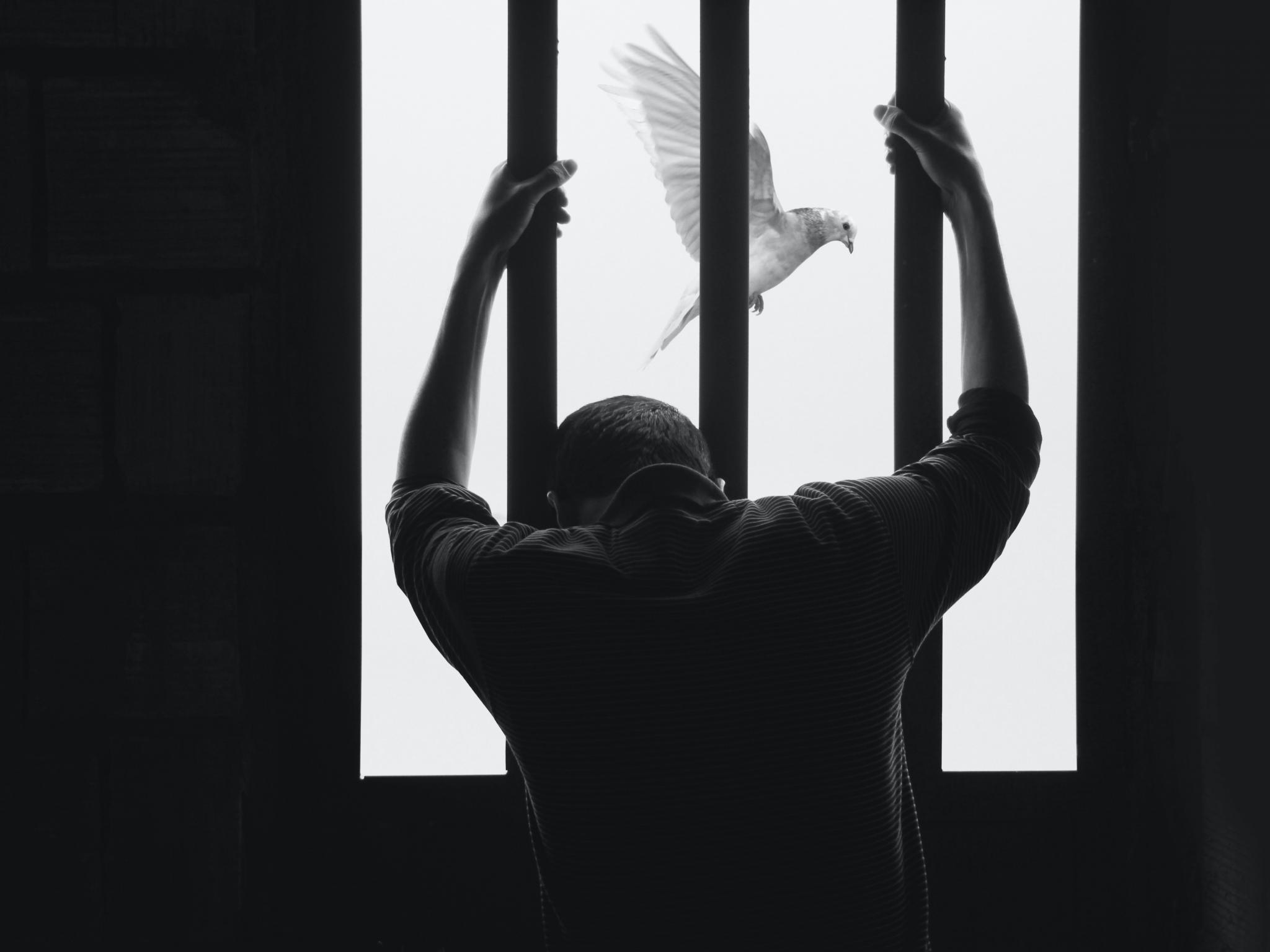
By Steve DeAngelo and Norman L. Reimer*
A worldwide movement transforming the legal approach to cannabis is now well underway. In recent years, numerous governments on multiple continents have abandoned the failed prohibitionist policies of the past andhave moved towards allowing adults to use and distribute medical and adult-use cannabis. This major shift in attitudes and approach presents an
opportunity – indeed, a moral imperative – not only to ensure we leave no cannabis prisoner behind, but also that we do everything possible to undo the lasting consequences inflicted by cannabis criminalization. And as we know well, the victims of cannabis prohibition have disproportionately been people of color and/or socio-economically disadvantaged individuals.
Together, we must set out to right these egregious wrongs.
In the United States, the National Association of Criminal Defense Lawyers and the Last Prisoner Project joined together to establish the Cannabis Justice Initiative, an initiative that works to facilitate clemency and compassionate release for those who continue to languish behind bars due to cannabis prohibition. Launched in the spring of 2021, that initiative is
already recruiting, training, and matching volunteer attorneys with deserving clemency candidates, and successfully helping secure releases.
Securing freedom from a cannabis conviction can be life-changing, and not just for those individuals who remain incarcerated or saddled with the consequences of a conviction on their record. It’s also life changing for their families, their communities, and the people who support the project by volunteering their legal services to the effort. We have witnessed it firsthand in the U.S.
Last Prisoner Project is helping Fair Trials secure the support necessary for Fair Trials to build and house a global initiative to redress the harm caused by cannabis prohibition, as well as to secure relief for those incarcerated for cannabis. The initiative will research mechanisms for providing this relief, identify individuals in need of assistance, and recruit, train, and match volunteer attorneys to take on their cases.
To maximize reach and effectiveness, the first step post-funding will be identifying and convening potential partner organizations that share these
goals and are interested in participating in this important work. Of course, to the extent that the project can identify organizations on the ground that engage in one or another aspect of the work, the aim is to partner with such groups to avoid unnecessary duplication. The goal will be to join together to map a coherent and consistent international strategy, identifying promising jurisdictions in which to begin this important work.
Once the project has selected its first set of jurisdictions, it will then identify relevant partners for the various aspects of the effort – direct advocacy for impacted persons, policy reform advocacy, impact litigation, individual support for returning persons, re-entry programs, and social justice advocacy. Key research will be conducted in each jurisdiction to ascertain the available legal remedies and processes to secure relief (including, but not limited to, clemency, resentencing, record-clearing/expungement, and
other forms of retroactive relief). And the project will launch an effort to recruit and train pro bono attorneys to take on one or another aspect of the legal work in which the global project aims to engage.
Countless cannabis prisoners need our help. With the necessary support to establish and maintain an infrastructure for the project, together we can support a global project housed at Fair Trials, modeled on the already successful U.S. project, to seek reform, secure liberty and justice for those still incarcerated due to cannabis prohibition, and unshackle them from the lifetime of collateral consequences resulting from cannabis convictions.
What could be a more fitting undertaking for the world’s emerging legal cannabis industry and its supporters than to follow the lead of so many similar U.S. cannabis enterprises and underwrite the relatively modest cost of establishing and maintaining this global infrastructure? Indeed, much of the actual cost of the project is in the form of generous lawyers and advocates who take on the legal work as volunteers. Still, the project cannot begin to identify partners, jurisdictions, impacted individuals, and volunteer lawyers, or research legal mechanisms for relief and develop templates and trainings until we have the support required to set up the infrastructure.
To launch this ambitious and worthy global effort, we need your support. And of course, that support will be publicly and prominently acknowledged through what will be a robust communications strategy to change hearts and minds the world over while securing people’s liberty and freeing them from the debilitating consequences of a cannabis conviction. If you or your enterprise is interested in exploring being a supporter of this initiative, please contact Fair Trials Global CEO Norman L. Reimer at norman.reimer@fairtrials.net and Fair Trials Consultant for Special Projects
Ivan J. Dominguez at ivan.dominguez@fairtrials.net.
*Steve DeAngelo is a Co-Founder of the Last Prisoner Project. Norman L. Reimer is the Global CEO of Fair Trials and the former Executive Director of the National Association of Criminal Defense Lawyers.







